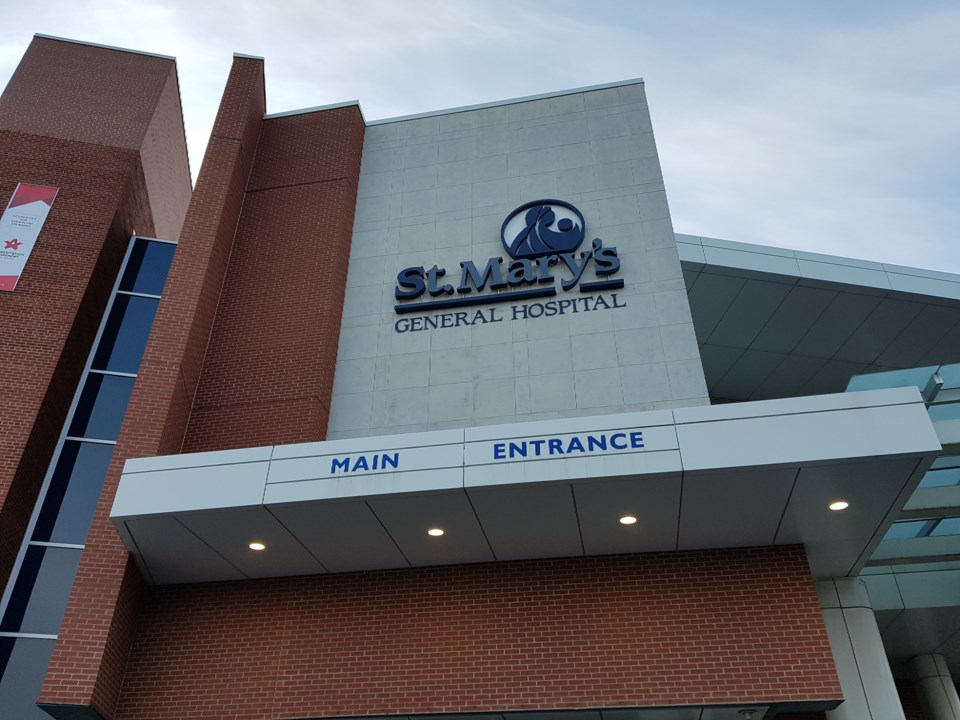The region's hospitals have reached the highest levels of occupancy for wave three with 19 patients admitted to Waterloo Region hospitals over the weekend.
Out of those cases, six were at St. Mary's General Hospital, seven at Cambridge Memorial Hospital, and six at Grand River Hospital.
An emailed statement from Lee Fairclough, president, St. Mary’s General Hospital, shed some light on the situation.
"The increase, which seems to be primarily the delta variant, happened quite quickly over the course of the past week or so," read the email. "We were closer to having five COVID positive patients early in June. Now we have reached highest levels of occupancy of wave three."
Last weekend, the email explained, for example, Waterloo region hospitals admitted 19 patients. As of Thursday there were 46 people hospitalized in Waterloo Region, 16 of them in the intensive care unit.
"This rapid increase in cases is quite striking and occupancy is high," Fairclough's statement read.
Like throughout the pandemic, as ICUs at hospitals are full, there is need to transfer between hospitals that may be able to support, the correspondence added further.
For example, the email read, patient transfers have been done to Guelph or London and other neighbouring areas.
"This past week there were some transfers of this nature where the pressure required it," read Fairclough's statement. "Before this most recent increase, we have had transfers into the region of COVID positive patients to do our part in helping ease patient volumes and now we may have to do the same, but in reverse."
The email also stated that the Region of Waterloo being declared a hotspot has helped ensure increased access to vaccine.
"Ensuring that people are getting not only first doses, but second ones as well is an important step to help avoid increasing hospitalizations," wrote Fairclough. "In addition, we continue our recruiting efforts at the hospital as being able to respond to COVID."
Trying to maintain non-COVID care is one of the challenges for hospital's in the region, read the correspondence.
"Finally, having the community continue to do what they can to reduce spread is going to be critical given the rapid increases in cases we are seeing," Fairclough's email read.
